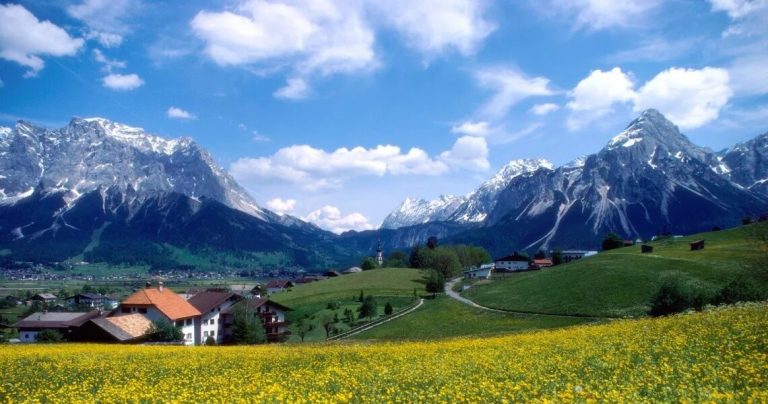
Blog
Invasive species – an alternate view…
Author: Mike Clough
Date Posted: Friday 24th April 2015

0161 723 2000
8AM to 5PM

Author: Mike Clough
Date Posted: Friday 24th April 2015

There’s a battle being fought on our very doorsteps for the countryside that we take for granted…. but is it a war that we cannot ever win? Should we even be bothering to fight this onslaught of non-native invaders?….or should we just give up…rollover bury our heads in the duvet and pretend nothing is happening???
At a recent meeting at the Royal Society of Edinburgh Professor Chris Thomas stated that we are living in ‘an alien present’, suggesting that biodiversity isnot static. He stated that species move – bear in mind that ALL humans are from Africa. Obviously human population has increased exponentially over the last few decades – with the associated massive increase in use of available resources which has led to a loss in global diversity. His argument was that there is ‘nothing on the planet unaffected by humans and so there is little which can be truly be regarded as natural’.
The distribution of species has always been subject to change across the planet – many of the species that we regard as ‘native’ in Britain are not actually natural – but are there due to introduction by man. I myself was until recently under the impression that rabbits were a native of the British Isles – wrong – Romans introduced rabbits as a food source. Thus much of what we try and preserve is actually a remnant of a past agricultural practice that is no longer economic.
According to Professor Thomas there is nowhere left in a ‘pre-human’ state; we are in the Anthropocene.
Really as plants and animals move around the globe we shouldn’t really be thinking of ‘native’ or ‘non-native’ – we should just think of them as ‘species’. Perhaps we are a little too particular about these issues because we have named where we live – Britain/France/Germany/Africa – if we didn’t have these names and just ‘lived’ rather than living somewhere specific (with a title) then perhaps we wouldn’t have ‘invasive non-native’ species?
I am probably a ‘conservationist’ in my attitudes toward plant and animal invasions. I like to see what I consider ‘natural’ to remain unchanged and undamaged. Huge swathes of Japanese Knotweed and Himalayan balsam have taken over areas where I used to walk and fish as a child and it causes me great upset when I see native woodland lost under sycamore and invasive rhododendron – however – on a countrywide level Professor Thomas states that ‘no plant species have gone extinct due to new arrivals; indeed there has been a net gain in regional biodiversity, both at home and across much of the planet’.
I suppose that trying to decide what ‘belongs’ where on the basis of historical distribution doesn’t make any sense – climate change continues to transform habitats and change a particular species ability to survive within the region.
Professor Thomas summarised his thoughts by saying … ‘we cannot in the modern world, police the distribution of species – it makes no biological senses and it would be a waste of money’ he went on to say ‘from a conservation perspective it is essential to decide which are the really important fights and put the priority there’.
On a local level Japanese Knotweed, Giant Hogweed and Himalayan balsam infestations can be managed and eventually eradicated. With regards some of the newer invasive species perhaps a more tolerant attitude could be adopted…?
My problem with this approach is that it often takes years for an invasive species to be recognised as problematic – and by this time they are almost impossible to eradicate. There can be a huge time lag between the arrival of a species and the recognition of the problem – for example Himalayan balsam first arrived in 1855 and yet it took till 2006 for the first paper to come out highlighting a negative impact.
Perhaps Horizon scanning is something we should be looking at? Let’s be alert to potential threats and respond more rapidly to them bearing in mind that once a species is established it is usually too late or too costly to remove it.
Mike C
With recognition of The Royal Society of Edinburgh/Professor Chris D Thomas of the University of York and Dr Niall Moore Head of the Non-native Species Secretaria